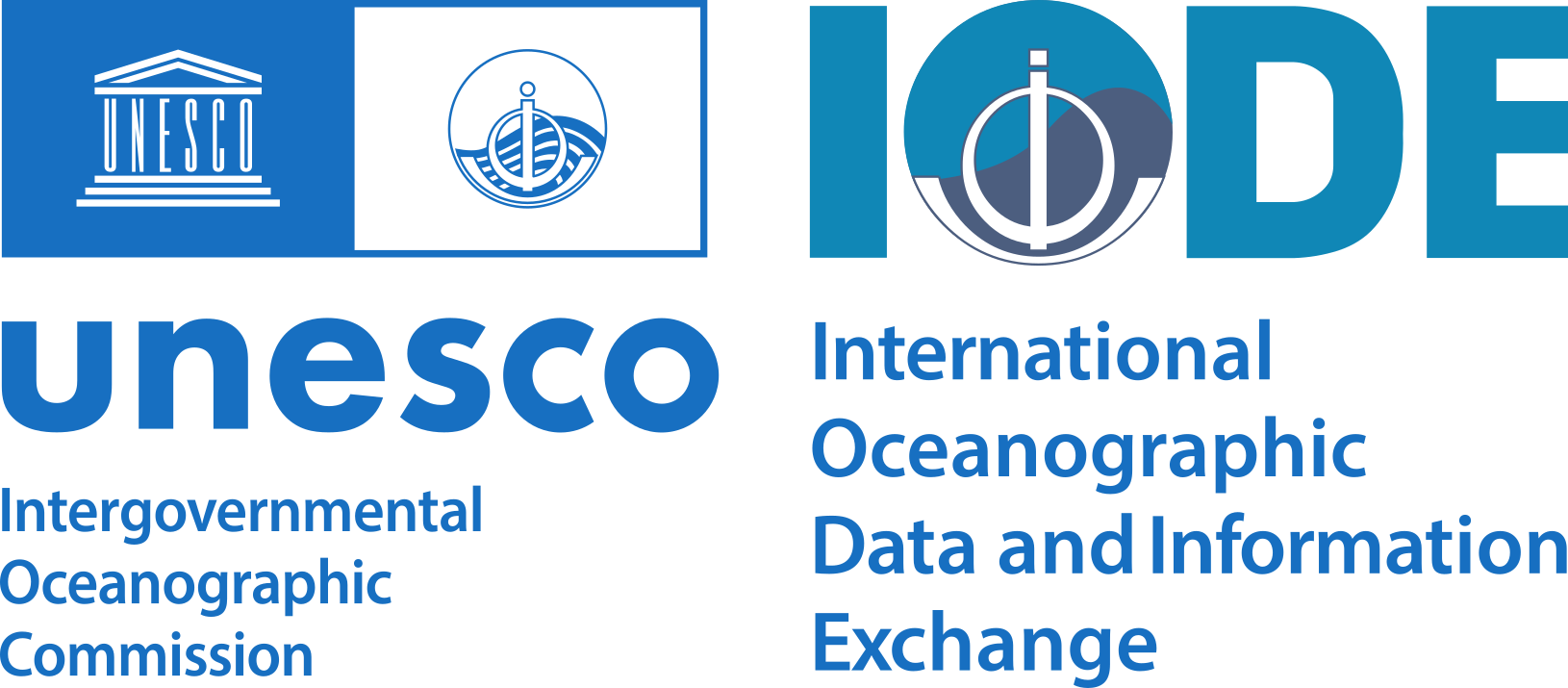We recently published a revised IOC Manual and Guide No.99 called Guidelines for an Ocean Project or Programme Data Management Plan.
The previous version dated from 2016.
This document emphasizes the importance of data management planning in activities which collect, create or otherwise acquire ocean data, ensuring data are preserved and accessible for analysis and to inform and underpin evidence and decision making. A Data Management Plan is a document outlining how to handle data throughout its lifecycle, ensuring proper collection, documentation, accessibility, and preservation. Key topics to be considered in a Data Management Plan include data collection and categorization, storage and processing, analysis, publication and access, archival, reuse, and erasure.
Additional benefits of a Data Management Plan include improving data maturity and literacy, effective storage and archival, efficient project or programme delivery and improved compliance with data sharing, contractual and licensing arrangements.
A detailed Data Management Plan Template is provided, covering the entire data lifecycle and guiding consideration of any ethical and legal issues around the data which may arise at any or all stages of the data lifecycle. Each section contains multiple subsections with specific questions to guide the development of a comprehensive Data Management Plan.


